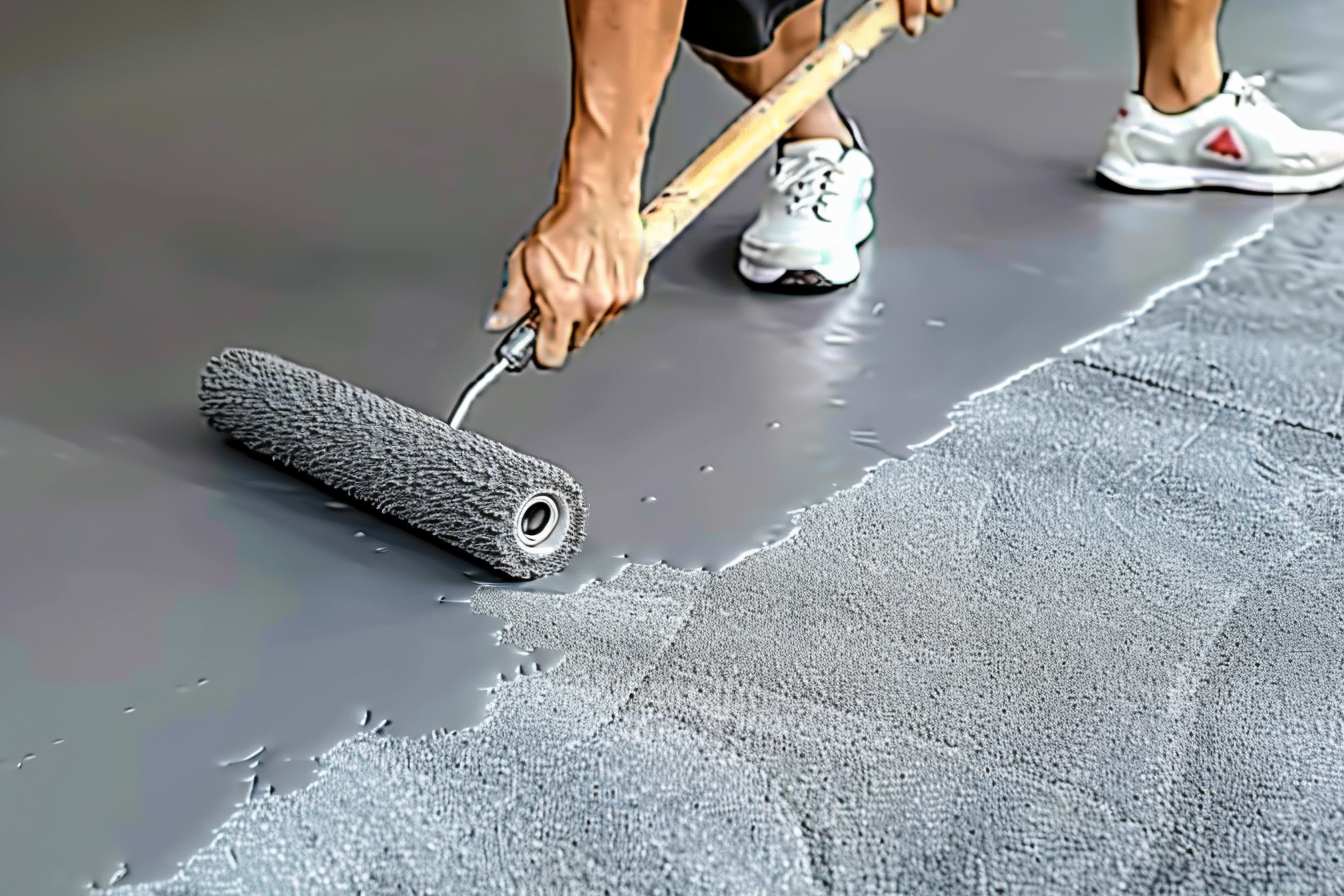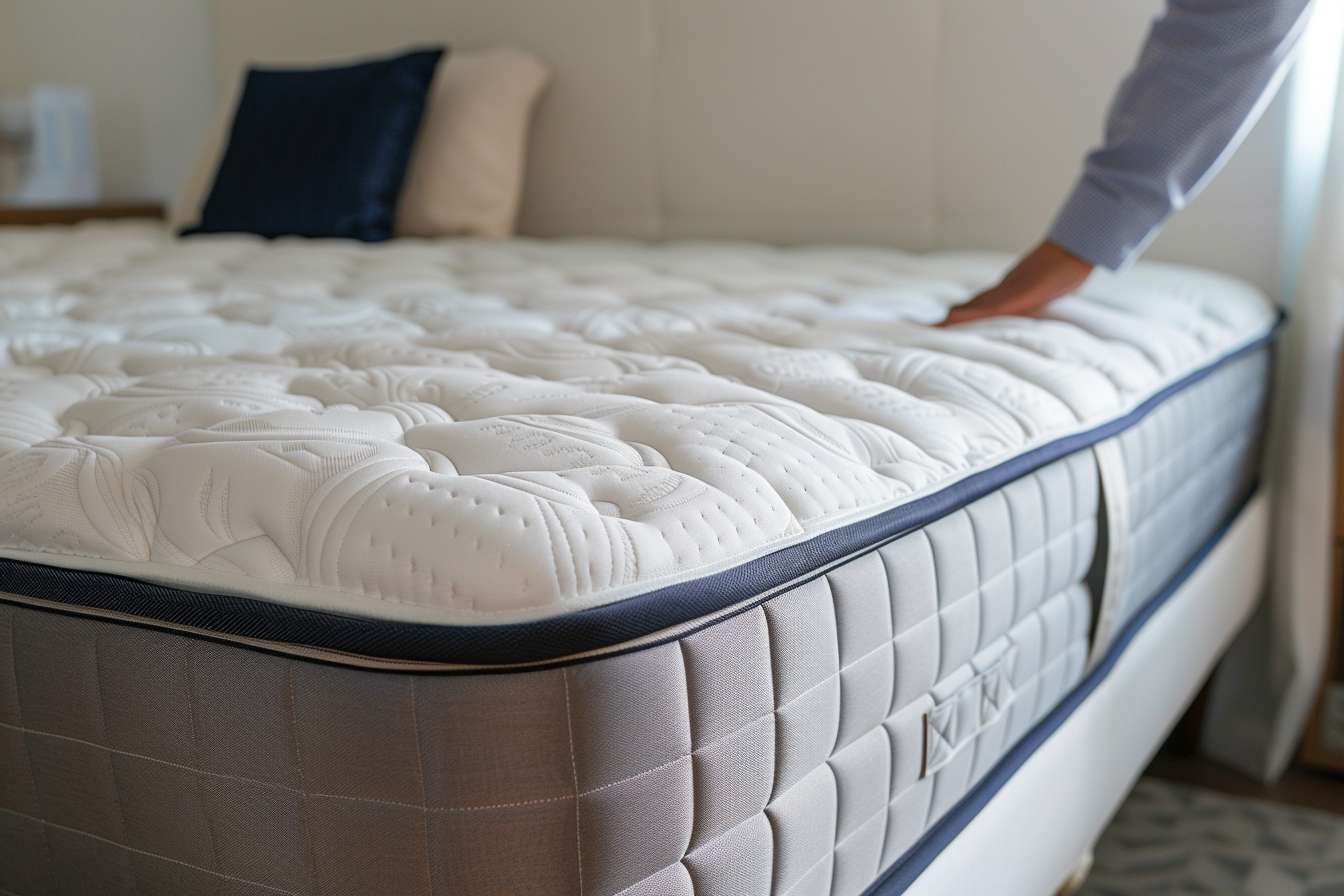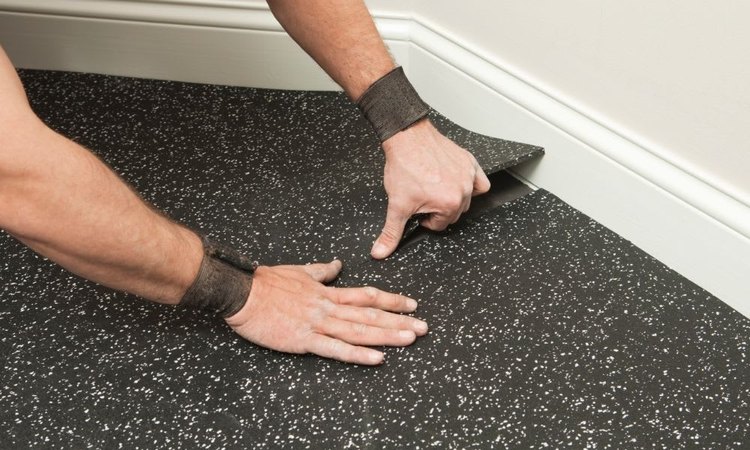Transforming Your Garage Floor: The Ultimate Guide to Coatings
Garage floor coatings have become increasingly popular among homeowners looking to enhance the appearance and durability of their garage spaces. These protective layers not only improve the aesthetic appeal of your garage but also provide a range of functional benefits. From epoxy to polyurethane, various coating options are available to suit different needs and preferences. In this comprehensive guide, we'll explore the world of garage floor coatings, their types, benefits, and considerations for application.

Why should you consider a garage floor coating?
Applying a coating to your garage floor offers numerous benefits. First and foremost, it provides superior protection against oil spills, chemical stains, and moisture penetration. This protection not only keeps your garage looking clean but also extends the life of the concrete floor underneath. Additionally, coated floors are much easier to clean, requiring only occasional sweeping and mopping to maintain their appearance. The improved aesthetics can significantly enhance the overall look of your garage, potentially increasing your home’s value.
What types of garage floor coatings are available?
There are several types of garage floor coatings available, each with its own set of characteristics and benefits:
-
Epoxy coatings: These are the most popular choice for garage floors. Epoxy coatings are known for their durability, chemical resistance, and attractive glossy finish. They come in various colors and can be customized with decorative flakes or chips.
-
Polyurethane coatings: While less common than epoxy, polyurethane coatings offer excellent UV resistance and flexibility. They are often used as a topcoat over epoxy for added protection and shine.
-
Acrylic sealers: These are more affordable options that provide a basic level of protection and enhance the appearance of concrete floors. However, they are less durable than epoxy or polyurethane coatings.
-
Polyaspartic coatings: A newer option in the market, polyaspartic coatings offer rapid curing times and excellent durability. They can be applied in a wider range of temperatures compared to epoxy.
How is a garage floor coating applied?
The application process for garage floor coatings typically involves several steps:
-
Surface preparation: This is crucial for the coating’s adhesion and longevity. The concrete floor must be thoroughly cleaned, degreased, and etched or ground to create a porous surface.
-
Repairs: Any cracks, holes, or imperfections in the concrete are filled and repaired before coating.
-
Priming: A primer may be applied to improve the coating’s adhesion to the concrete.
-
Coating application: The main coating is applied in one or more layers, depending on the product and desired thickness.
-
Optional topcoat: Some systems include a clear topcoat for added protection and shine.
-
Curing: The coated floor needs time to cure fully before it can be used, which can range from a few hours to several days, depending on the type of coating.
What are the costs associated with garage floor coatings?
The cost of garage floor coatings can vary widely depending on several factors, including the type of coating, the size of the garage, and whether you choose professional installation or a DIY approach. Here’s a breakdown of typical costs:
| Coating Type | DIY Cost (materials only) | Professional Installation |
|---|---|---|
| Epoxy | $200 - $600 | $1,500 - $3,000 |
| Polyurethane | $250 - $800 | $2,000 - $4,000 |
| Acrylic | $100 - $300 | $800 - $1,500 |
| Polyaspartic | $300 - $900 | $2,500 - $5,000 |
Prices, rates, or cost estimates mentioned in this article are based on the latest available information but may change over time. Independent research is advised before making financial decisions.
These prices are estimates for a standard two-car garage (about 400-500 square feet). The higher end of the professional installation range may include additional preparation work or custom designs.
How long do garage floor coatings last?
The lifespan of garage floor coatings depends on several factors, including the type of coating, quality of installation, and level of use and maintenance. Generally, you can expect:
-
Epoxy coatings: 5-10 years
-
Polyurethane coatings: 5-10 years
-
Acrylic sealers: 1-3 years
-
Polyaspartic coatings: 10-15 years
Proper maintenance, such as regular cleaning and avoiding harsh chemicals, can significantly extend the life of your garage floor coating.
In conclusion, garage floor coatings offer a practical and attractive solution for improving the functionality and appearance of your garage. Whether you opt for the durability of epoxy, the flexibility of polyurethane, or the quick application of polyaspartic coatings, there’s an option to suit every need and budget. By considering the various types, application processes, and costs associated with garage floor coatings, you can make an informed decision to transform your garage into a more appealing and functional space.






